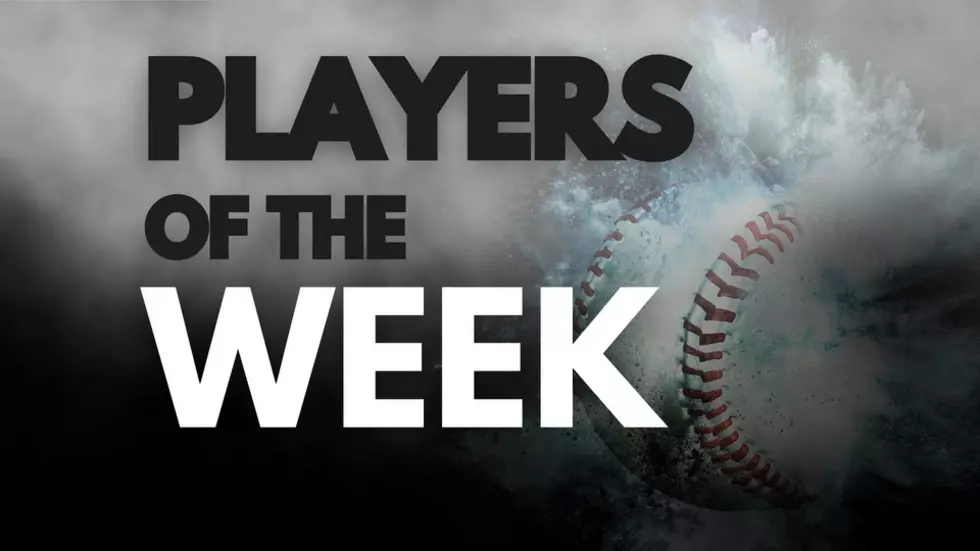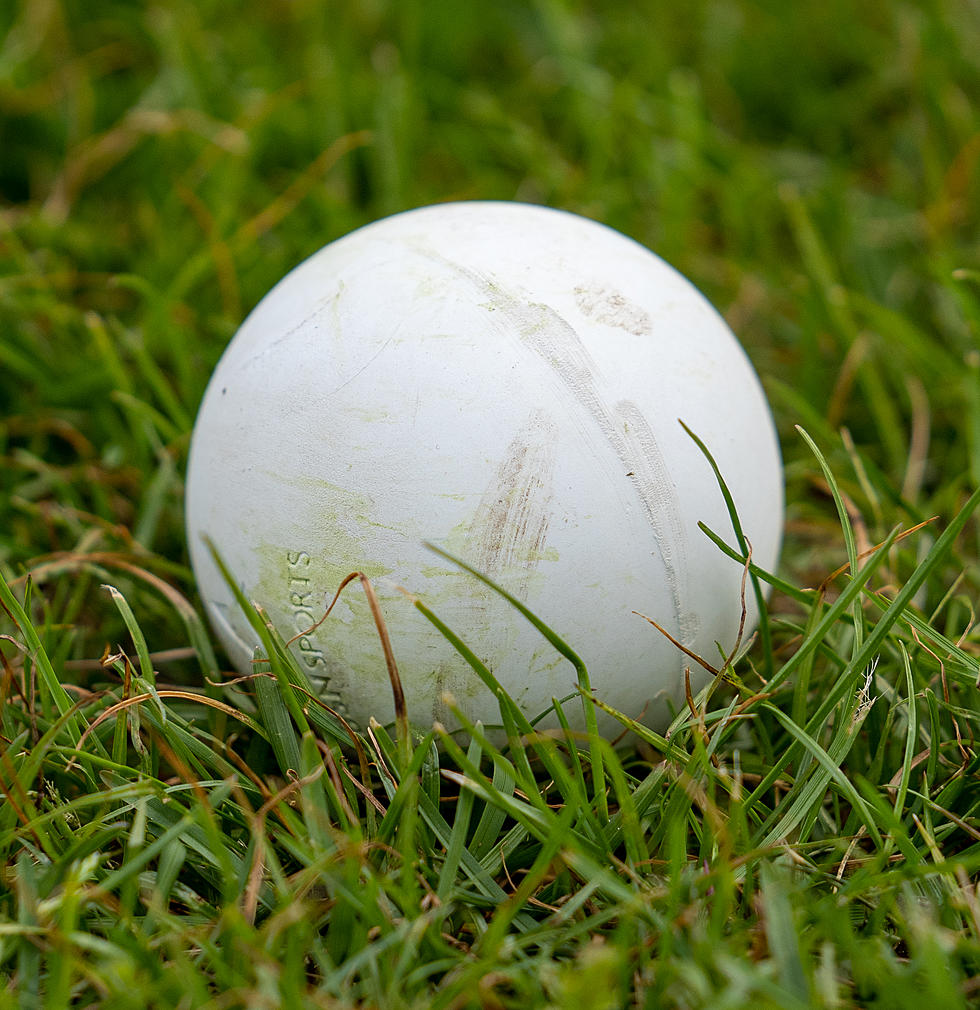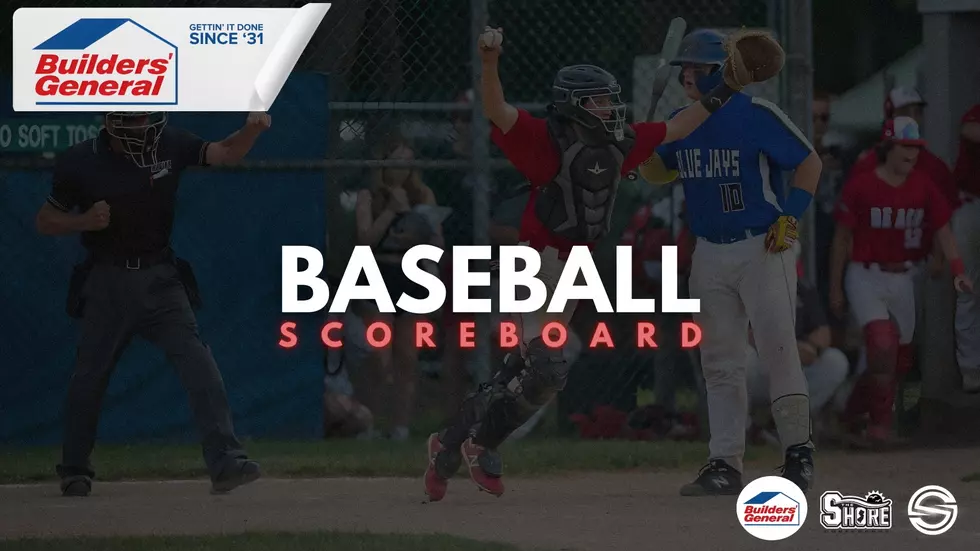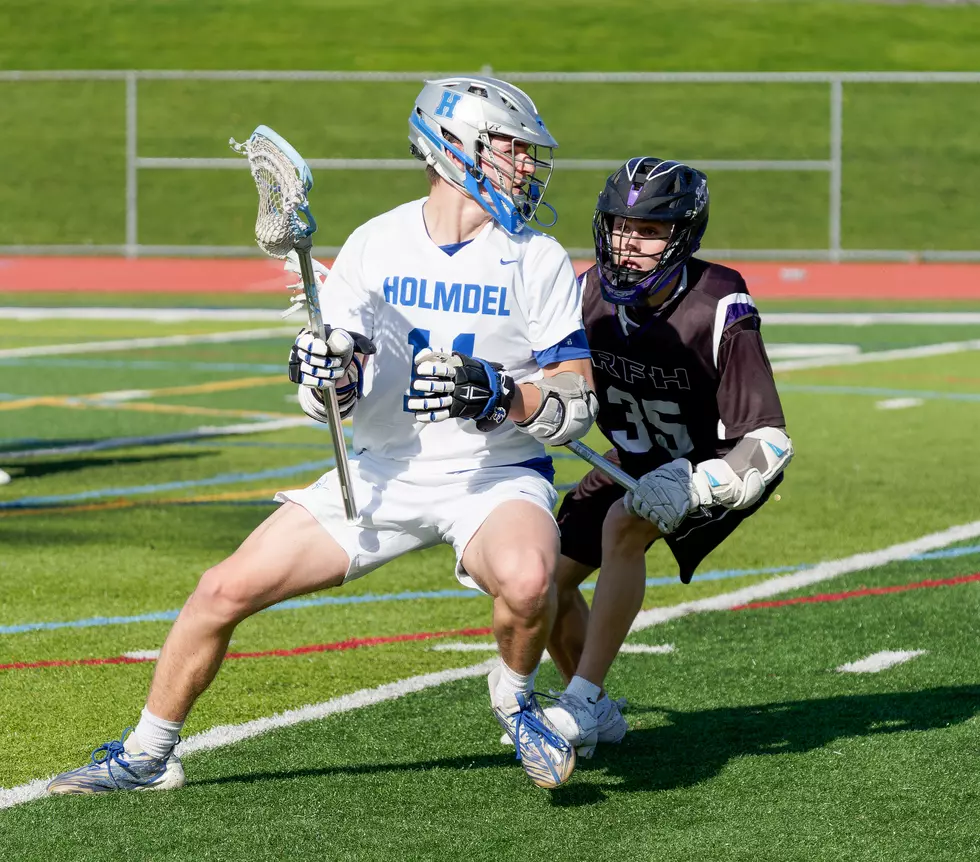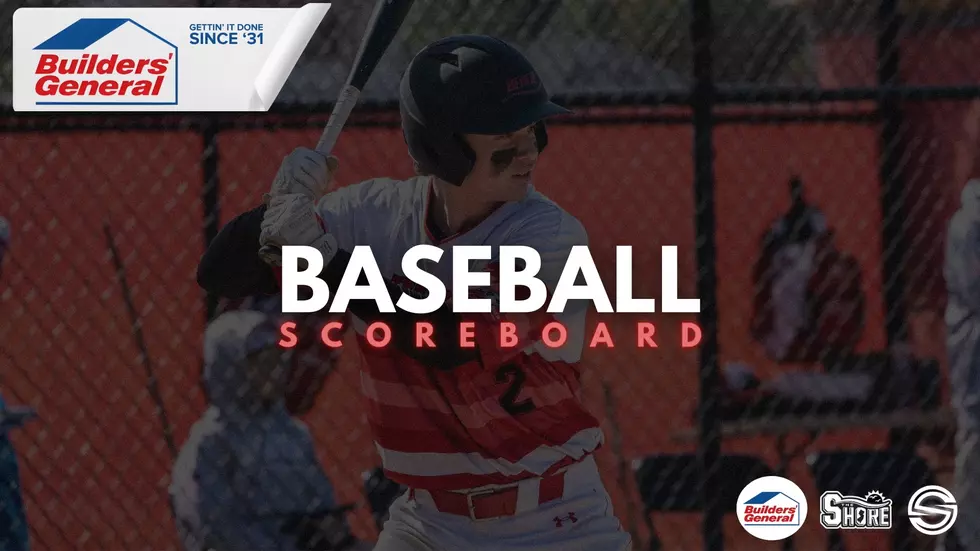
Coach Fischer: Holmdel’s Tyler Fischer Stays Close to the Game He Loves
Tyler Fischer is no stranger to major surgeries, so it was unnerving when he woke up in a hospital bed this past summer to see tubes protruding from his chest and hear a faint ticking sound.
On July 15, Fischer went to Morgan Stanley Children’s Hospital in New York City thinking he would undergo a heart procedure that would fix him up for football season, where he was projected to be Holmdel’s starting quarterback as a sophomore. The surgeons initially entered through his leg to repair a valve in his heart, but the situation escalated once they were able to see the damaged condition of the affected tissue in the area they were trying to fix.
He was rushed into the operating room, where doctors performed open-heart surgery on him. It marked the fifth open-heart surgery in his short life.
“He nearly didn’t make it off the table,’’ said Dr. Julie Vincent, the Chief of Pediatric Cardiology at Morgan Stanley Children’s Hospital. “It was very serious in the operating room.”
“As they were trying to repair some type of embolism, it ruptured, and as they described it, if you ever saw a horror movie where blood was shooting up to the ceiling, that's what transpired,’’ said Kai Fischer, Tyler’s father. “They had to open him up and put him on a heart-and-lung machine. That was his first near-death experience.”
Fischer had gone to the hospital at 7 a.m. that day. By the time his second surgery was complete, it was 10 p.m. When he finally awoke, he noticed the chest tubes and heard the ticking.
“That’s when I knew something wasn’t right because they said they were going through my leg,’’ he said. "Those tubes shouldn't have been there."
He entered the hospital that day thinking his football career would be fully on track by the time he was done. He exited having been told he would never be able to play football again. That ticking sound was a newly-installed mechanical valve inside his chest. The blood thinners he will be on for the rest of his life meant he had played his last game at quarterback. However, it didn't mean the end of his connection to football.
“I had put in all this work in the offseason for football, and now it was over,’’ Fischer said. “But I was alive.”
A Football Life
Fischer spent the formative years of his childhood growing up in Southlake, Texas, the home of Carroll Senior High School, better known as Southlake Carroll, one of the top high school football programs in the nation. The program boasts alumni like Kansas City Chiefs quarterback and former Missouri star Chase Daniel, Cincinnati Bengals quarterback and former Alabama star Greg McElroy, New Orleans Saints kicker Garrett Hartley and Buffalo Bills tight end Scott Chandler.
Not only was Fischer living in a place where pigskin is the local religion, he also came from a football family. Kai Fischer was a lineman at the University of Nevada-Las Vegas in the mid-1980s, where he played with former Philadelphia Eagles and Minnesota Vikings Pro Bowl quarterback Randall Cunningham. Kai was also friends with McElroy’s father, resulting in Greg and Tyler forming an older brother-little brother type of relationship. Fischer would go watch McElroy play in 11,000-seat Dragon Stadium, a $15 million facility where Southlake Carroll plays its home games.
“Tyler was eight or nine years old when his team won a state championship in flag football,’’ Kai Fischer said. “They were running a shotgun offense and spread formations at that age. They were running the same offense that Southlake Carroll runs. He knew that offense as an 8-year-old.”
However, before he even played his first flag football game, an issue with his heart had been discovered in a routine physical when he was six years old.
“It was terrifying,’’ Fischer said. “I didn’t know what was happening. The next thing I know, a week or two later, I’m in the hospital having surgery.”
He was diagnosed with aortic valve disease, where the valve between the main pumping chamber of the heart and the main artery to the body does not work properly. Often the solution is to have a mechanical valve installed, but they only are made in sizes that fit adult hearts, according to Dr. Vincent. Plus, a mechanical valve means permanently being on blood thinners, which can derail any athletic career in contact sports.
When he was 12 years old in 2010, Tyler said he had his aorta replaced with a pig’s valve, allowing him to continue with his burgeoning athletic career in football and baseball.
“They said it could last me up to 15 years,’’ Fischer said. “It lasted three.”
Riding the Rollercoaster
Shortly after his surgery in 2010, his father, who works in the hotel business, moved the family to Holmdel.
Last season, Fischer played quarterback on the freshman and jayvee teams, showing the potential that had varsity head coach Frank Papalia tabbing him as the Hornets new starting quarterback this fall after the graduation of senior Robbie Cantelli.
Following a successful baseball season as a pitcher/infielder last spring, Fischer went to Morgan Stanley Children’s Hospital to undergo what is known as a Ross procedure on June 3. The surgical procedure entails a diseased aortic valve being replaced with the person’s own pulmonary valve.
“They said this one could last almost my entire life,’’ Fischer said. “I was thinking I wouldn’t have to worry about it for a while.”
At a scheduled follow-up visit on July 12, things seemed ominous from the beginning.
“They started bringing in other doctors during the check-up, which made me and my dad nervous,’’ Tyler said. “I'm like, 'Dad something has to be wrong.’’’
“There was a rupture of some of the transplanted pulmonary artery that was now in the aortic artery position,’’ Kai said. “After so many other surgeries on the aortic side, as you pull back and retract, it deteriorated and thinned out the wall of the pulmonary artery, so when they transplanted it, it didn’t hold up to the pressure that the aortic part of the heart pumps at, so he sprung a leak.”
The leak meant there was no time to waste. Three days later, he was in surgery to repair it, which escalated to the open heart surgery that resulted in a mechanical valve being installed.
“We had to put the metal valve in there,’’ Dr. Vincent said. “I was dreading the next morning. I knew he would say, ‘Can I play football?’’’
“It was crushing,’’ said Colleen Fischer, Tyler’s mother.
Fischer's love for football is so deep that his parents couldn’t bring themselves to give him the news that his career was over. The blood thinners mean that any potential collision on a football field could result in bleeding in his brain that could kill him. The Fischers asked Dr. Vincent to be the one to break the news to him.
“I had bonded with him,’’ Dr. Vincent said. “He's my buddy. I played sports in college, so I get how important they are to a high school kid or young adult. It was pretty hard for me to tell him. I told him I was very sorry, and I felt bad inside, but it was the right thing to do for him. His expression was one of being disappointed and sad, but he realized he was happy to still be here.”
“I was extremely bummed that I couldn't play football,’’ he said. “Especially with everything I've been through, I have to be mentally tough. My mom always told me, 'Mind over matter,' and I just remember being in the hospital and whenever I talked about something positive or thought about something positive, the pain went away.”
It wasn't until after he was back home that he realized the severity of the surgery.
"They said that I almost died twice,'' Fischer said. "I didn't know that until my dad was on the phone with one of his friends after I was home. I was like, 'Dad, I almost died twice?!' He was like, 'You're fine now. You're all right now.' I'm glad they didn't tell me in the hospital."
Helping to lift his spirits were hospital visits from the Holmdel football and baseball staffs, as well as family friend David Lee, the quarterbacks coach for the New York Jets. During one visit, Lee also brought along all three Jets quarterbacks at the time – Geno Smith, Mark Sanchez, and Fischer's old friend and offseason workout partner, Greg McElroy.
“It obviously was heartbreaking,’’ McElroy said. “It affected not only Tyler, but everyone that cares about him.”
“Greg McElroy told him earlier that summer that he was a better player at his age than Greg ever was,’’ Kai Fischer said. “A month later, you're talking about a huge rollercoaster. He had to re-channel his energy. He had to turn it into a positive.”
Finding his place
As he worked through the realization that he would never put on the pads again, Fischer decided he wasn’t quite done with football. Even though he can still play baseball, where he will wear a protective helmet in the field, he still wanted to be part of the football team at Holmdel.
“I went with one of my assistants to visit him at the hospital, and the first thing he says is, ‘Can I come coach this season?’’’ Papalia said.
“I love football,’’ Fischer said. “I just wanted to be out here and help out.”
Starting in the preseason, Fischer was at every coaches’ meeting with his notebook just like any other coach on the staff. He worked with the Hornets’ quarterbacks, who were mainly a collection of all-around athletes who were forced to play quarterback because of Fischer’s absence.
“He's so dedicated,’’ Papalia said. “I think mentally and emotionally, it's helping him heal. It puts everything in life in perspective. He would give anything in the world to be out there, and his teammates know it. We would have staff meetings at 7 a.m., and he's one of the first people there, he takes notes, he asks questions. Not many kids would have the perseverance to do that or the mental toughness to do that, even if they're healthy. He's an inspiration.”
“I just want to help everyone out because I learned a lot with Greg (McElroy) and David Lee, so maybe I could just pass that along,’’ Fischer said. “It's tough not playing, but since I can help out, that's the next-best thing. I love these seniors like they're my big brothers. They have helped me out so much.”
Fischer has been on the sidelines for the Hornets this entire season, watching as they have gone 2-7 heading into the season finale on Thanksgiving against Raritan. They have used multiple quarterbacks in averaging 9.3 points per game while dealing with injuries to key players.
“It has been very frustrating,’’ Fischer said. “It's been tough, but the coaches have helped me out tremendously. I've learned a lot from all the coaches and just gained more intelligence of the game.”
Fischer has refused to wallow in what has been lost, instead being grateful to Dr. Vincent and her team while closing one chapter of his life and opening another. He also has grown closer to his family, including older sister Sierra, a senior at Holmdel, and younger brother Austin, a seventh-grader.
“He's a person who appreciates every gift he's been given because of all the circumstances he's had to endure,’’ McElroy said. “He's an inspiration. It allows someone, from a high school player to a professional, to realize how special this game is and how fast it can go away, so appreciate every moment. It’s something I try to remember every day, and I’m fortunate to have Tyler in my life to remind me of that.”
“He's got the heart of a lion,’’ Lee said. “The thing I noticed in working with him that a lot of the good quarterbacks have is that they just stay calm. Nothing bothers him, and he stays as calm as can be, which can be a great trait to have. He has stayed positive, and he can still play baseball, so there will be a good ending to a story that started out shaky and scary.”
Fischer’s mother has also remained part of the Holmdel football family, coordinating the football dinners on Thursdays and staying involved even though Tyler is not playing.
“There's no other way to be,’’ Colleen Fischer said. “Yes, he was dealt a tough hand, but we try to look at it in a positive light. He's fixed now, and he's healthy. He is more mature than others might be at his age because he's had to experience a lot.”
Fischer said it depends on how well his baseball season goes this spring as to whether he will serve as an unofficial assistant coach again for the Hornets next fall. Whether or not he will be a fixture on the sidelines and in the coaches’ meetings next year, simply being a part of the team this season has helped him work through the most difficult period of his life.
“I told him how great that was because it's a cool thing to be able to help somebody else achieve what you wanted to achieve,’’ Dr. Vincent said. “We don't want them to be sports cripples or social cripples with congenital heart disease, so it's finding those positive things that’s important. Life has lots more to offer than just being the player.”
"He's overcome this huge obstacle, and now he just looks to embrace the next challenge,'' his father said.
On Thursday, Fischer will report to school at 7:15 a.m. for the coaches’ meeting before the Raritan game. After the showdown with the Rockets, he will sit down at the Thanksgiving dinner table, four months after he almost didn't get off the operating table.
“I think it's going to be a very special Thanksgiving,’’ he said. “I’m just going to be thankful for everything, and put everything else like not being able to play (football) in the past. I almost died twice, and I’m alive. It's a big thing to say thanks for.”
More From Shore Sports Network
